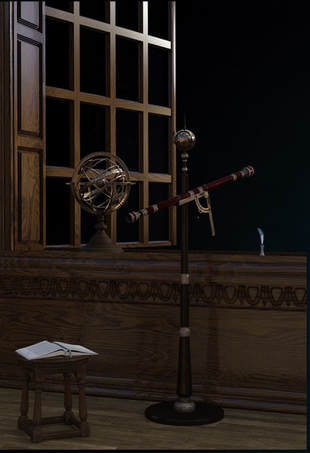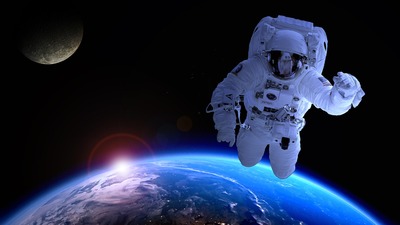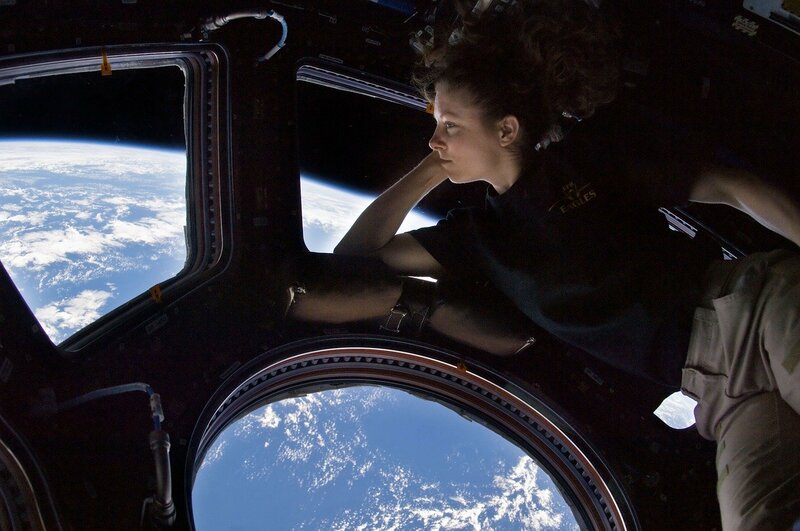Gabriela Albandes de SouzaCulture & Education Project Manager, InnovaSpace At first sight, anthropology and space exploration may seem to be two completely different fields with nothing or very little in common. When one thinks about space exploration, the most common associations are with disciplines such as engineering, physics, medicine, robotics, IT, and others related to the technology required for the endeavour and for keeping humans alive. On the other hand, anthropology is immediately associated with the study of non-Western, non-white and non-industrialised societies. Indeed, at its beginning as an independent academic discipline in the second half of the 19th century, it was very much about this, and only this. Nevertheless, as anthropology is ultimately interested in finding out what it means to be human and how people make sense of the world in the most diverse contexts, its research spectrum has gradually broadened. Nowadays, it embraces the study of any social group and its cultural idiosyncrasies, including scientists and astronauts.  Every single society has questioned what there is beyond Earth, the origins of the universe and all that it encompasses, including humankind, and each has found explanations to the unknown phenomena through specific modes of expertise. For some, the Cosmos was created by gods and is the home of powerful deities. Others, in a very specific context – Europe, 17th century – started to systematically study outer space using the emergent scientific methods and technological devices that augmented our senses, turned the invisible visible and went where humans could not. This very specific way of making sense of the world has profoundly changed the imaginary about the Cosmos in some societies and changed the way many people perceive and relate to the universe, to Earth and to all the species that live on our planet. Nowadays, in Western scientific cosmologies, the universe is thought to have been created by the Big Bang and to be ruled by natural laws, which can be translated in mathematical equations. Such a worldview is culturally embedded, therefore space exploration and scientists working on this project are subjects that concern anthropology. Furthermore, since the 1970s, people have been living in space for increasingly longer periods of time and have been experiencing what it means to be human in a radically different context. Our sense of ‘being’ is inherently relational to our surroundings, the conditions presented by them and by those around us, which we take for granted here on Earth. Therefore, the experience of living in radically different conditions deeply affects our perspective, our senses and relationships — the “simple” fact that there is no gravity makes everything completely different. Since the International Space Station (ISS) began operating in 2000, this hybrid of dwelling/lab has been permanently inhabited by astronauts from different academic and cultural backgrounds, all of who must live together and cope with the extreme environment of outer space and the challenges it presents. Wherever there are humans together there is social life and culture, and what it means to be human is embedded in this context, and therefore, astronauts consist of a very singular and interesting subject of research for the discipline. Moreover, space exploration is an endeavour that involves the participation of many people working together and sharing the same aims and worldview; its findings and achievements affect the lives of people on Earth; and future projects include the colonisation of other planetary bodies, furthering the human presence outside Earth and turning our species into an interplanetary one. Accordingly, space exploration is an issue that concerns not only hard and natural sciences, but also human and social sciences in general. Although anthropologists from the 1960s onwards began to join the debate about space exploration issues, it is only in the last two decades that the subject has really become a part of the agenda of the discipline. Since then, a wider group of academics have been exploring the frontiers between outer space and anthropology, and carrying out fieldwork (the required method of research to get to know a culture in depth) among people whose activities are related to the area. These studies have become so prolific that nowadays there is a subfield informally called the Anthropology of Outer Space, which includes scholars such as John Traphagan, Lisa Messeri, Debbora Battaglia, David Valentine, Valerie Olson, Stephen Helmreich, Götz Hoeppe. Their contributions have shed light on the previously neglected areas of the human, social and cultural implications of exploring outer space, such as theories of possible ETs, asteroid mining, astrobiology, astronomical practices, life in space, fieldwork in analogue sites, multi-planet species and human/non-human relationships, and NewSpacers commercial activities, among others. As can be seen, this is an extensive and growing area, and one that deserves deeper exploration in a future blog highlighting some of these works.
Mario Mollo
14/4/2018 03:37:14 pm
Very interesting blog. Congratulations! Comments are closed.
|
Welcometo the InnovaSpace Knowledge Station Categories
All
|
InnovaSpace Ltd - Registered in England & Wales - No. 11323249
UK Office: 88 Tideslea Path, London, SE280LZ
Privacy Policy I Terms & Conditions
© 2024 InnovaSpace, All Rights Reserved
UK Office: 88 Tideslea Path, London, SE280LZ
Privacy Policy I Terms & Conditions
© 2024 InnovaSpace, All Rights Reserved


 RSS Feed
RSS Feed